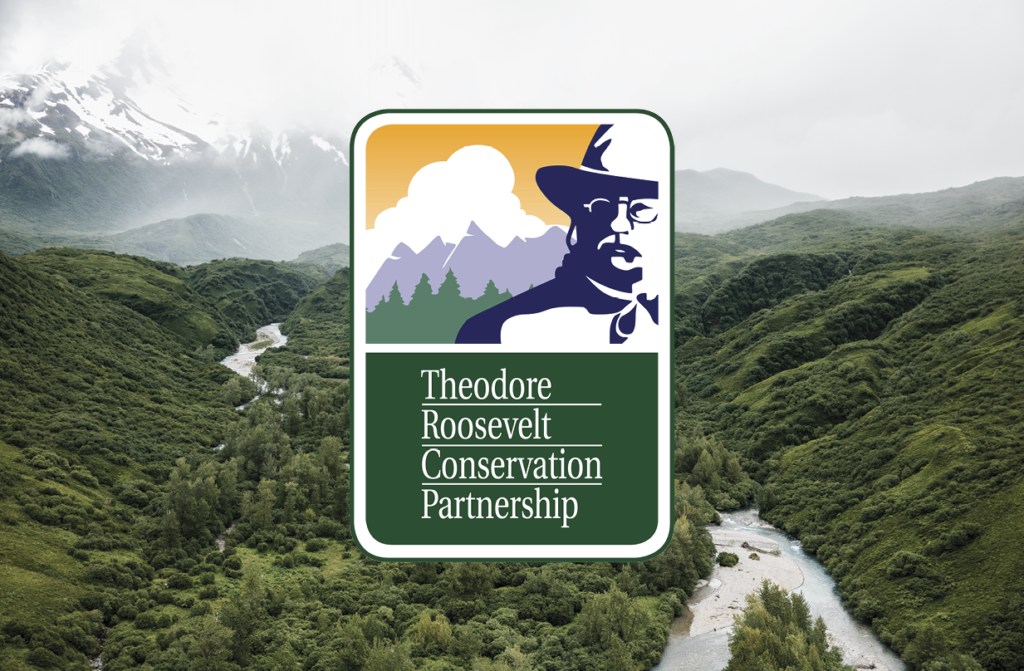Learn why this important conservation funding bill—one of our top ten priorities for the year—has strong bipartisan support in Congress
As conservation’s share of the federal budget has been cut roughly in half over the past 30 years, it has become increasingly important to invest those dollars in efforts that get the best return, with layered benefits for fish, wildlife, outdoor recreation, our economy, and the safety of our communities. Consequently, history has shown that conservation is more successful and less costly when the focus is on preventing species and habitat decline versus restoring far-gone populations or replacing lost habitat.
This is why pushing for passage of the Recovering America’s Wildlife Act is one of the TRCP’s top ten legislative priorities this year. The bill would amend the Pittman-Robertson Wildlife Restoration Act to provide an additional $1.4 billion per year—$1.3 billion for state agencies and $97.5 million for tribes—in dedicated funding to restore habitat, recover wildlife populations, and rebuild the infrastructure for both our natural systems and outdoor recreation opportunities.
This new funding would go toward implementing state wildlife action plans, which identify at-risk species that would benefit most from “an ounce of prevention,” as the saying goes. And the legislation has strong bipartisan support in both chambers, with 32 co-sponsors in the Senate—evenly divided between parties and led by Sen. Martin Heinrich (D-N.M.) and Sen. Roy Blunt (R-Mo.)—and 145 co-sponsors in the House—led by Rep. Debbie Dingell (D-Mich.) and Rep. Jeff Fortenberry (R-Neb.)
Today, the House Natural Resources Committee debated and voted to advance the Recovering America’s Wildlife Act (H.R. 2773), bringing us one step closer to securing a solution that has been championed by the hunting and fishing community since 2016.
It’s easy to see why. RAWA would not only supplement much-needed conservation investments across the country, but it would also create as many as 33,500 jobs annually and generate an estimated $3.36 billion in economic activity on the ground.
RAWA has had momentum before, but the timing couldn’t be better for lawmakers who are up for re-election to bring a big win home for fish, wildlife, and habitat in a way that benefits not only sportsmen and sportswomen but Americans from all walks of life. The legislation would save taxpayers money and many habitat projects could improve natural infrastructure that prevents damage from extreme weather and other emergencies, like catastrophic wildfire.
We applaud members of the House Natural Resources Committee for this first step today and urge lawmakers on both sides of Capitol Hill to take up and pass the Recovering America’s Wildlife Act without delay. It would be a defining victory for wildlife, habitat, outdoor recreation, and our economy.



























